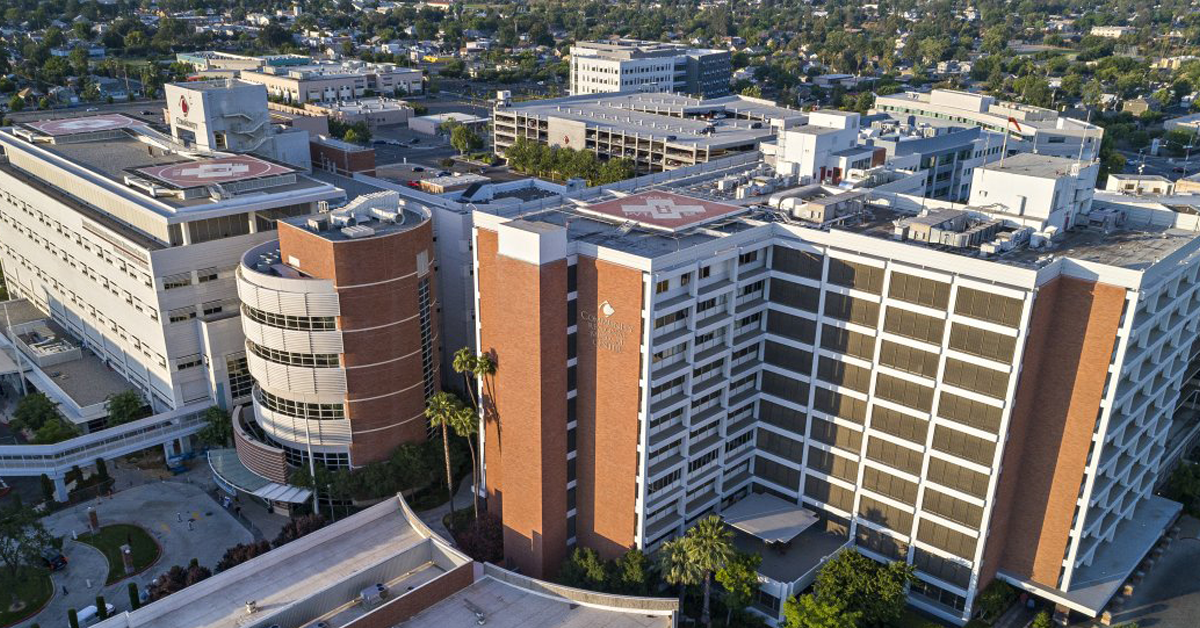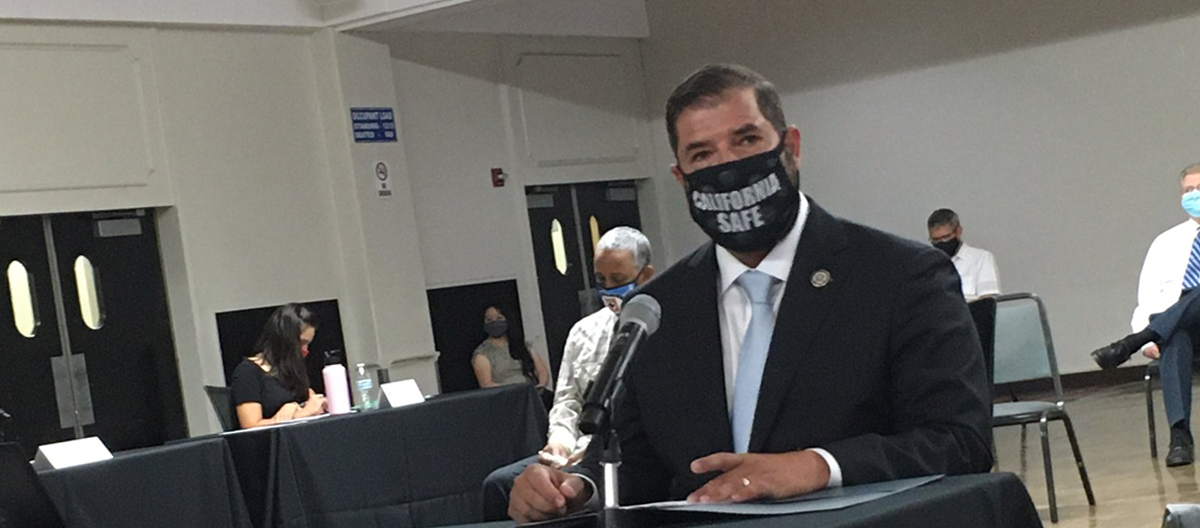Tens of thousands of Kaiser Permanente healthcare workers appear headed to a strike if they do not reach a new deal on their contract by the end of the month.
If a strike happens, it has the potential to be the largest healthcare strike in U.S. history.
The big picture: Nearly 60,000 healthcare workers announced Thursday that they have voted to authorize a strike, making good on a threat from last month.
- The healthcare workers authorized the strike to protest unfair labor practices by a margin of 98 percent of SEIU-United Healthcare Workers West.
- SEIU members in Colorado authorized a strike last week, and members in Oregon also voted to strike on Thursday.
- Kaiser employees claim that the healthcare provider is understaffing its hospitals and not paying enough to keep up with the high cost of living.
- Employees also claim that Kaiser patients are facing long wait times for appointments and delays in receiving services because of understaffing.
- The union also claimed in its strike authorization announcement that Kaiser is slashing performance bonuses.
- Kaiser and the Coalition of Kaiser Permanente Unions – which represents about 88,000 employees nationwide – has two more bargaining sessions scheduled for next week.
The other side: Despite the strike authorization vote, Kaiser is confident that both sides will reach an agreement before Sep. 30 and avoid a strike altogether.
- In a statement, Kaiser said the union made misleading claims in its announcement, notably about the performance bonuses. Kaiser is proposing a minimum payment level to protect its employees from receiving no payout in poor financial years. The healthcare provider also offers nearly all of its employees an annual performance bonus. The union is seeking a guaranteed payout, Kaiser said.
- Kaiser also pointed to the wage offer it has made the union: 10-14 percent increases over four years across the board, including 14 percent increases in northern California and Washington.
What they’re saying: “Every one of these proposals from Kaiser will make staffing problems worse and continue to delay care to patients,” said Dave Regan, President of SEIU-United Healthcare Workers West. “Kaiser has failed to bargain in good faith with the caregivers who are doing everything they can to protect patient safety.”
- In its statement, Kaiser said the strike authorization vote does not reflect any breakdown in bargaining and does not indicate that a strike will actually happen.
- “It is a disappointing action considering our progress at the bargaining table,” Kaiser said. “Unfortunately, this year, throughout our negotiations we have seen Coalition leaders attempt to rally their unions’ members to threaten a strike despite important progress made through negotiations.”










